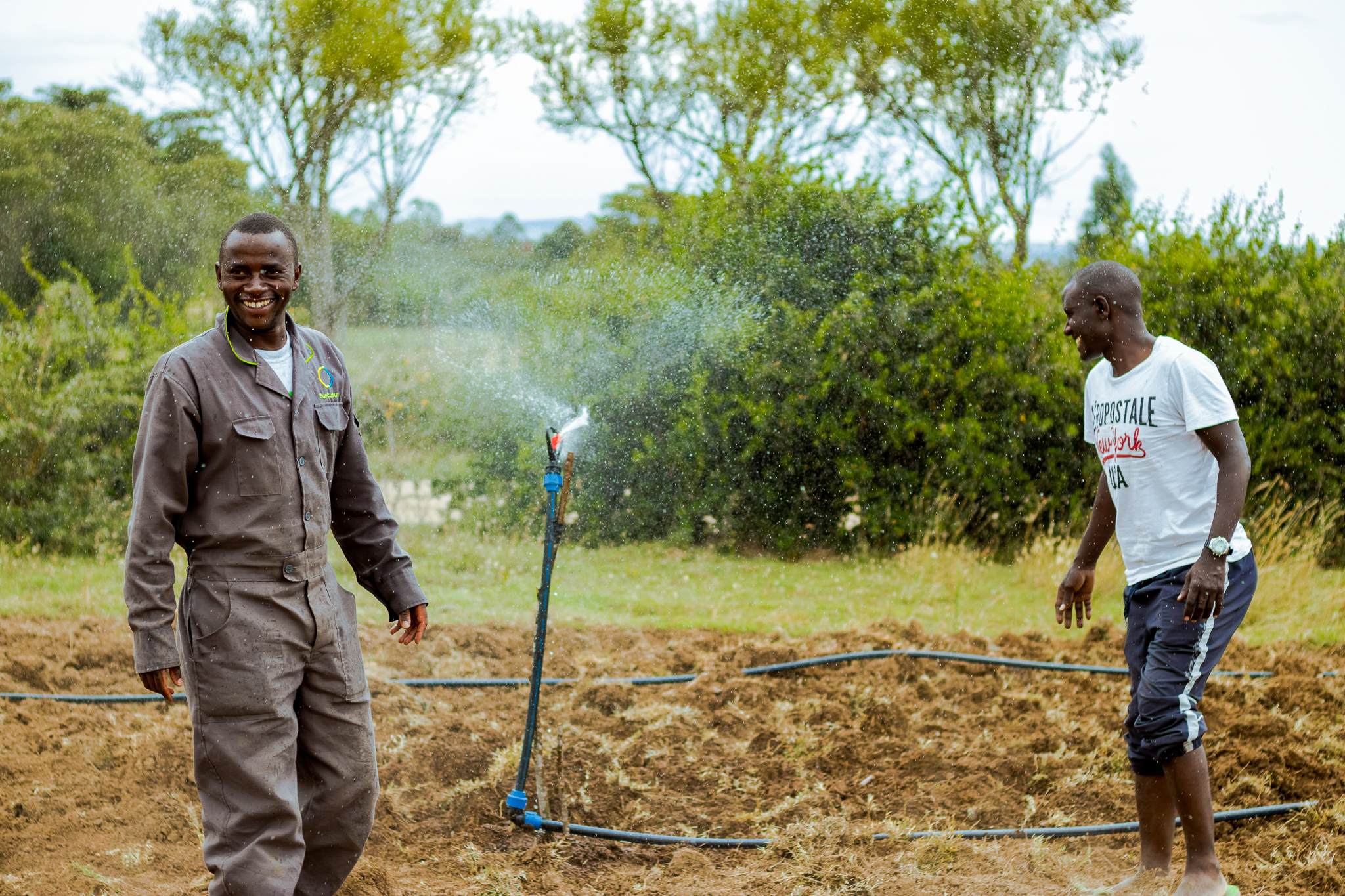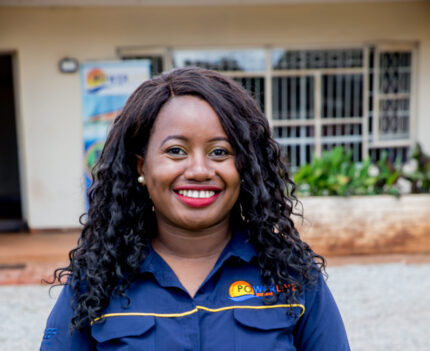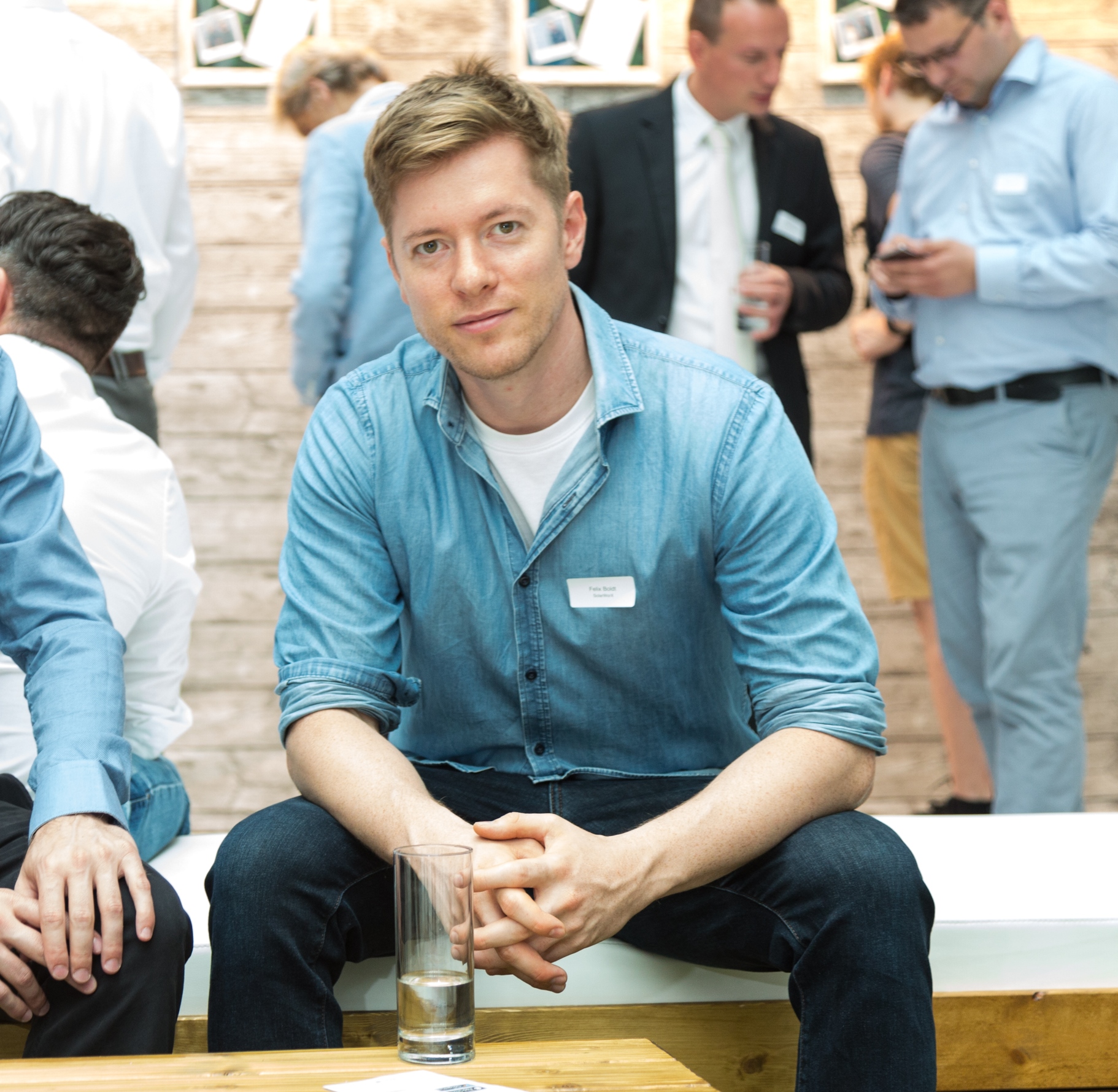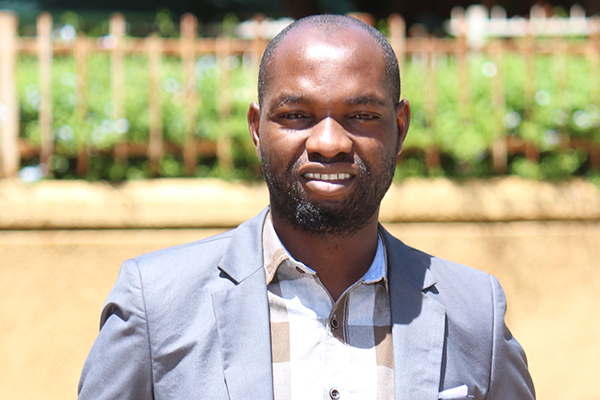
Arusha, Tanzania – SunCulture, a Kenya-based company specializing in solar pumping, irrigation and technology solutions wins EEP Africa 2019 Project of the Year from a group of five finalists.
The EEP Africa Project of the Year Award recognizes outstanding achievement by an EEP Africa portfolio company during the past year.
Five finalists were invited to the EEP Africa Knowledge Exchange Forum in Arusha, Tanzania on 4 December for a live pitching session in front of an audience of close to 100 renewable energy stakeholders and a jury panel composed of EEP Africa funding partners as well as investor and policy partners.
SunCulture is based in Nairobi, Kenya and received EEP Africa financing support in 2015 to develop a commercially viable solar irrigation business model.
SunCulture was extremely fortunate to benefit from an EEP Africa grant at an early stage in our development, which enabled us to pioneer off-grid solar-powered irrigation systems designed specifically for smallholder farmers,” said Samir Ibrahim, SunCulture CEO and Co-founder, adding, “2019 was a breakthrough year for us, and it’s an honour to be recognized as EEP Africa’s Project of the Year. We’re excited to bring life-changing technology to more and more smallholder farmers in 2020.
The SunCulture solar irrigation product enables smallholder farmers and women-led rural households to transform their livelihoods, enhance climate resilience and dramatically increase household income by enabling reliable access to water for small scale agriculture.
Lucy Jong’a, SunCulture’s Head of Finance led the pitch for the company in Arusha, describing key 2019 achievements including:
- Delivering access to reliable water and renewable energy to over 20,000 people;
- Launching new products and technologies including the RainMaker2, ClimateSmart Direct, and Direct Drip;
- Expanding operations outside of Kenya with pilots in Cote D’Ivoire, Ethiopia, Senegal and Togo;
- Winning two Global LEAP Awards for best-in-class off-grid technology; and
- Securing an inventory financing facility from the Facility for Energy Inclusion’s Off-Grid Energy Access Fund (FEI-OGEF), which is, in turn, financed by the African Development Bank (AfDB) as well as the Nordic Development Fund, EEP Africa’s institutional home.
Sunculture’s call centres offer advice and support to help ensure the equipment is used to its best advantage in conjunction with changes to standard practices and behaviours. SunCulture’s systems can also power household energy needs, such as phone charging and lighting. They use localised weather and soil data to generate recommendations for farmers, and can be networked to collect other types of data for collective uses.
In 2015, SunCulture received EEP Africa financing to pilot their project. They have since grown from about 50 to about 300 employees and have expanded to several other countries. This early financing helped them raise additional equity from angel investors, venture capitalists, strategic investors, and the African Development Bank’s Facility for Energy Inclusion Off-Grid Energy Access Fund, which is also supported by NDF.
Targeted Outcome and Impact
During the project, SunCulture sold systems primarily in Kenya but also Uganda, Tanzania, and Zambia. SunCulture’s customers report significant time savings per day and older customers also report fewer bodily aches from bending and carrying so much water. A recent impact report conducted by
60 decibels found that 87% of customers report increased confidence in growing healthy crops when using the SunCulture system, and 93% of customers report improvements in their quality of life.
Food insecurity is a huge issue in the regions where SunCulture is active. After briefly suspending their Pay-As-You-Grow programme due to the COVID-19 crisis, SunCulture experienced their strongest sales month ever when the programme was restarted in July 2020. The pandemic has further highlighted that people want solutions that increase their autonomy and food security even when access to money is restricted.
SunCulture reports that their irrigation increases agricultural productivity by increasing crop yields by 2-5 times and dairy outputs by 1.5–2 times. It enables farmers to cultivate more land, harvest higher-value crops, and grow during the dry season. As a result, their customers can often see income increase of 5-10 times.
Just in Kenya, scaling solar irrigation to the total addressable market would feed 2.7 million food- insecure people and add EUR 1.5 billion to GDP.11
In 2019, SunCulture calculates that they eliminated 4,000 tCO2e, added 35,000 tons to annual food prod- uction, and added USD 7 million to smallholder GDP. In recoginition of this success, SunCulture was awarded EEP Africa Project of the Year in 2019.
Marketing for the clean energy transition
Profile of Precious Vuma, Business Development and Marketing Manager at Powerlive ...
Using innovation to provide access to clean energy
Profile of Felix Boldt, Founder and CEO of Solarworx - Zambia...
Building a Start-up at the Nexus of Energy and Food
Profile of Admore Chiumia, Founder of Green Impact Technologies - Malawi...





